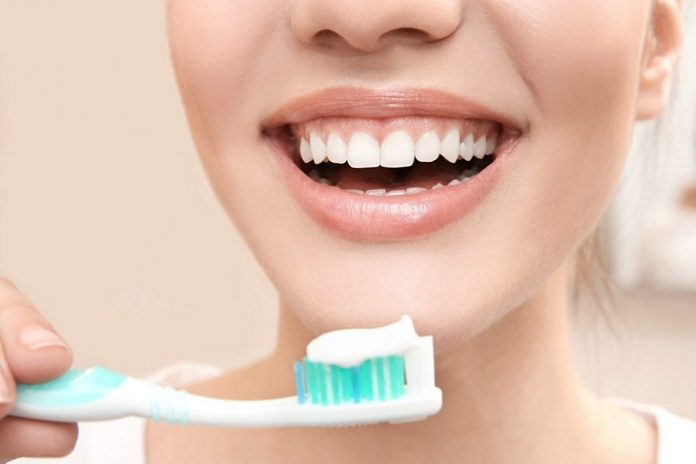From childhood we have been taught that daily brushing of teeth is critical for ensuring strong teeth and maintaining oral hygiene. Now a new study indicates that brushing could also assist in keeping your heart healthy.
Brushing the teeth three or more times a day significantly reduces the risk of atrial fibrillation and heart failure, says a new report by researchers at Ewha Womans University in South Korea. The study suggests that bacteria in our mouths could hold the key to many facets of our health.
Studies conducted elsewhere have earlier revealed clues linking mouth bacteria to increased pancreatic and esophageal cancer risk, and some studies have tied poor oral hygiene with respiratory problems. Oral bacteria have also been found in the blood clots of people receiving emergency treatment for stroke, and experts have linked severe gum disease with a significantly higher risk of hypertension.
Conversely, destroying the so-called ‘friendly’ oral bacteria that help maintain a healthy and balanced oral microbiome could disrupt blood pressure levels and also lead to hypertension.
Maintaining good oral health, therefore, seems to be a key to cardiovascular health. The new study hinges on the mediating role of inflammation. Poor oral hygiene can provoke transient bacteremia and systemic inflammation, a mediator of atrial fibrillation and heart failure.
For their study the researchers examined atrial fibrillation’s associations with both heart failure and poor oral hygiene, using data from 161,286 people who were part of the Korean National Health Insurance System-Health Screening Cohort.
Atrial fibrillation (A-fib) is a condition affecting millions of people around the world. In people with A-fib, the heart cannot efficiently pump blood to the rest of the body because it does not beat regularly. Similar inability to pump blood regularly is also noticed in people with heart failure.
This inefficiency results in fatigue and, sometimes, breathing difficulties, as insufficient oxygen reaches the other organs in the body.
For the new study, researchers enrolled participants who were 40–79 years old and had no history of either A-fib or heart failure. At the start of the study, researchers measured the height and weight of each of the participants and asked them questions about their lifestyle, oral health, and oral hygiene habits. The participants also underwent some laboratory tests, which included blood tests, urine tests, and blood pressure readings.
Over a median follow-up period of 10.5 years, 4,911 participants received a diagnosis of A-fib, and 7,971 developed heart failure. Brushing the teeth three times or more a day was linked with a 10 percent lower chance of developing A-fib and a 12 percent lower risk of heart failure.
Confounding factors — including age, sex, socioeconomic status, physical activity, alcohol intake, body mass index, and other coexisting conditions, such as hypertension — did not influence these results, as the researchers accounted for them in their analysis.
The researchers concluded that improved oral hygiene care was associated with decreased risk of atrial fibrillation and heart failure. However, they also admitted that their research was limited to people living in one country and could not explain causation. On the other hand, the study included a large cohort and was monitored over a lengthy period of time, which adds strength to the findings.
It is to be noted that while the role of inflammation in the occurrence of cardiovascular disease is becoming more and more evident, intervention studies are needed to define strategies of public health importance.
















